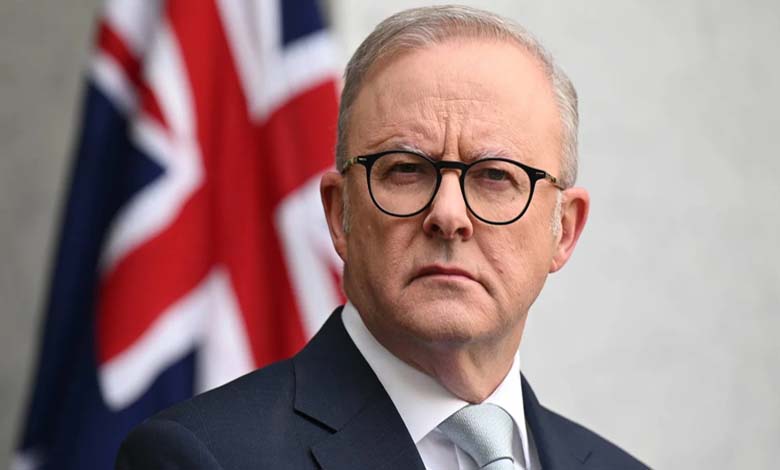Australia Expels Iranian Ambassador and Moves to Designate the Revolutionary Guards as a Terrorist Organization

Canberra has announced the withdrawal of its ambassador from Tehran and the suspension of diplomatic operations, accusing Iran of orchestrating two antisemitic attacks in Melbourne and Sydney.
On Tuesday, the Australian government took an unprecedented diplomatic step by expelling the Iranian ambassador and three other diplomats, granting them seven days to leave the country. At the same time, it recalled its own ambassador from Tehran and froze embassy activities there.
-
Australia criticizes Netanyahu for denying Gaza’s suffering as hunger crisis worsens
-
The Wounded Beast: Abrams tanks return to Ukraine with Australian backing
Foreign Minister Penny Wong underlined that this is the first time since World War II that Australia has expelled an ambassador, underscoring the seriousness of the matter.
Prime Minister Anthony Albanese declared that Australian intelligence services had reached an “extremely disturbing conclusion”: Iran had orchestrated at least two antisemitic attacks on Australian soil. One targeted a kosher café in Sydney in October 2024, while another struck a synagogue in Melbourne that December. Although no casualties were reported, Albanese described the incidents as “extraordinary and dangerous acts of aggression planned by a foreign state.”
-
Attack on Synagogue in Melbourne: Australian Authorities Launch Investigation
-
Modified M1 Abrams in Australia’s hands: Learn about the tank’s features
He added that these attempts sought to “undermine social cohesion and sow division,” warning that Iran may also have been behind other antisemitic incidents in the country.
As a result, Iranian Ambassador Ahmad Sadeghi and three of his colleagues were declared “persona non grata.” Meanwhile, Canberra ensured that its diplomats stationed in Iran were safely relocated to a third country.
Minister Wong justified the move by pointing to the “utterly unacceptable” actions of Iran, while clarifying that limited diplomatic channels would remain in place to safeguard Australian interests in Iran.
-
Knife Attacks Strike Again in Australia
-
Billionaire, Party, and Politics… Trump’s Shadow Appears in Australia
Furthermore, the Prime Minister announced the initiation of procedures to designate Iran’s Islamic Revolutionary Guard Corps as a terrorist organization under Australian law.
This step was immediately welcomed by the Executive Council of Australian Jewry, which condemned the deliberate targeting of Jewish Australians, the destruction of a sacred place of worship, millions of dollars in damages, and the intimidation inflicted upon the community.
The Australian action comes against the backdrop of already strained ties with Israel. Just days earlier, Israeli Prime Minister Benjamin Netanyahu had publicly denounced Albanese as a “weak politician who betrayed Israel,” following Canberra’s declaration that it would formally recognize a Palestinian state at the upcoming UN General Assembly in September. The announcement triggered reciprocal cancellations of visas for both Australian and Israeli officials.












